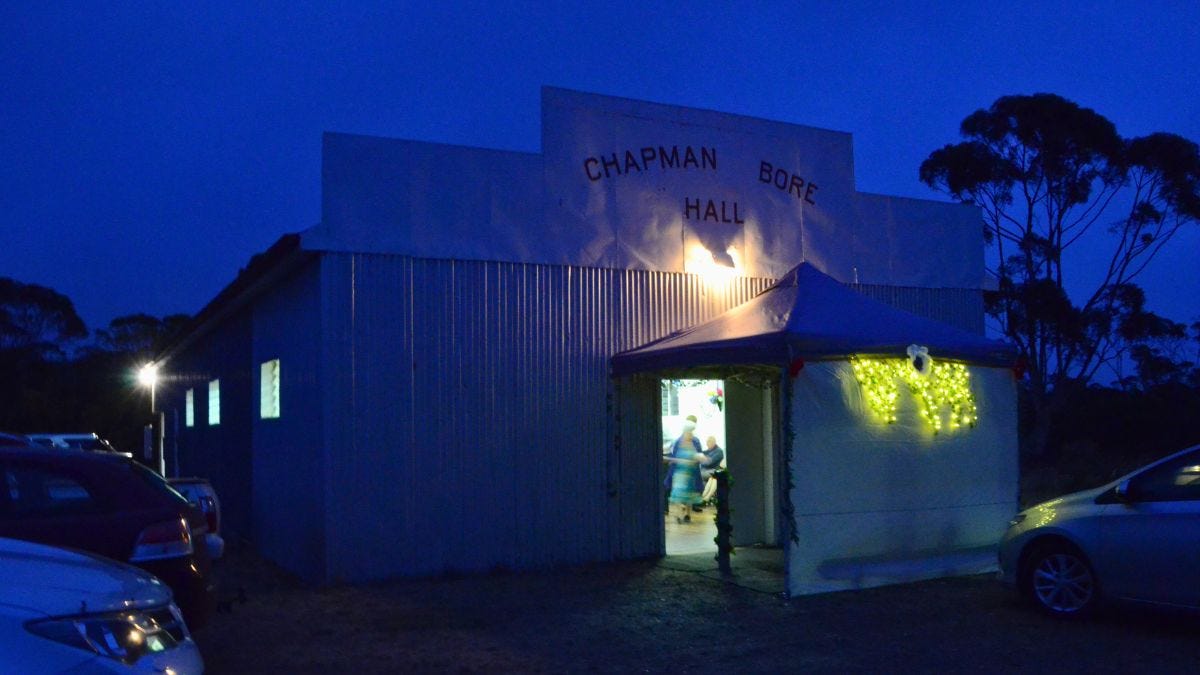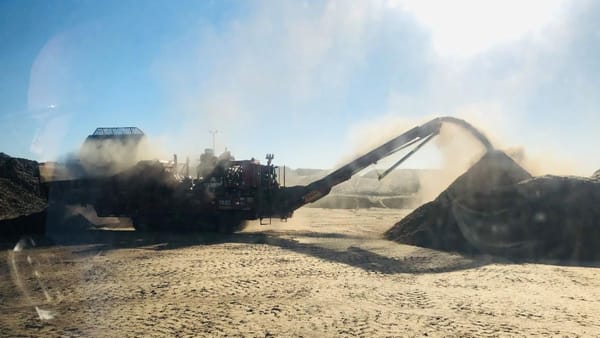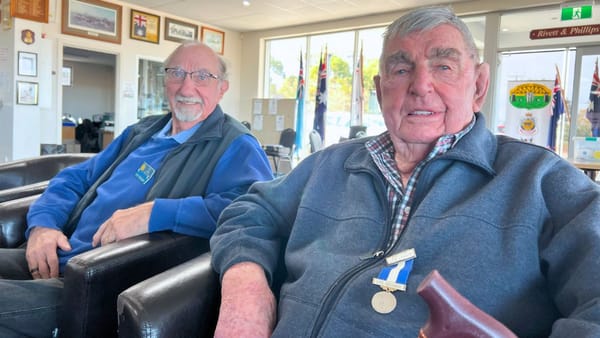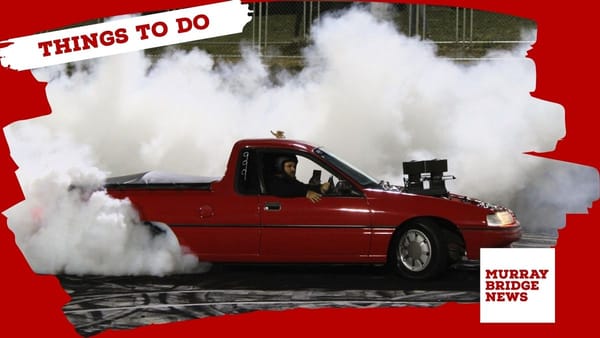After 110 years, the Chapman Bore Hall’s dance floor has emptied for the last time
A tiny hall in the Mallee has hosted its last waltz, consigning to history memories of a busier, friendlier time.
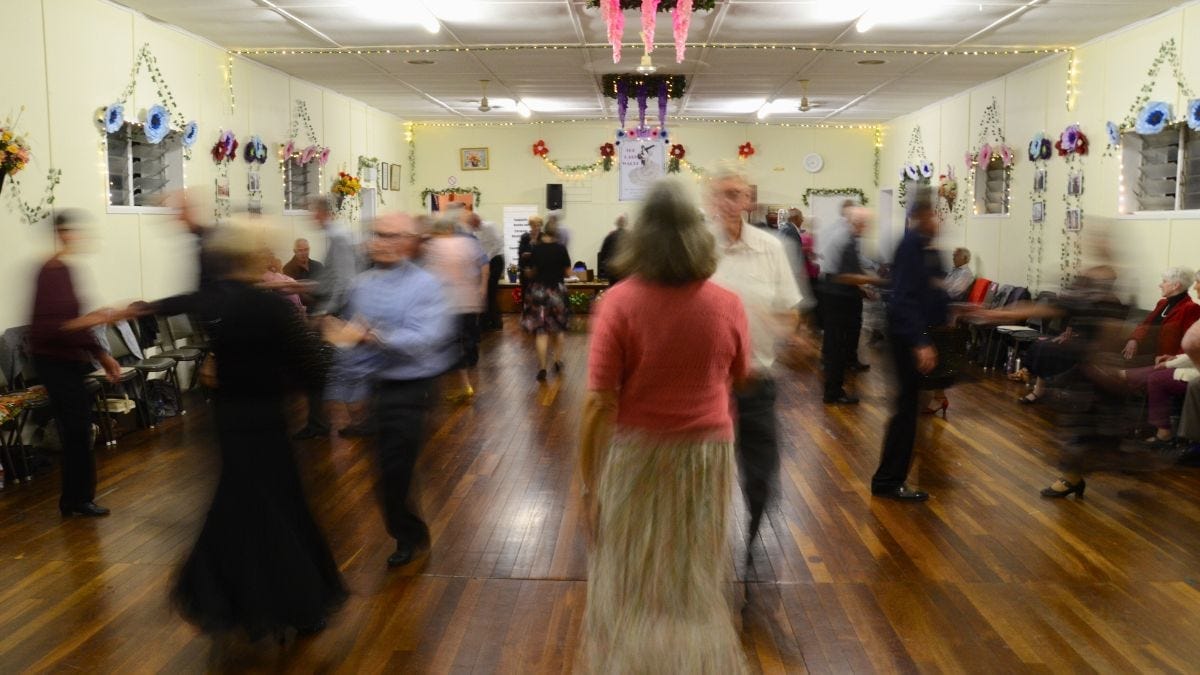
Stories create community – that’s why this recent story is now free to read. You can help Murray Bridge News tell our community’s stories by subscribing today.

With one last waltz, a dance hall has fallen silent in the Mallee.
About 50 filled the floor at Chapman Bore on Saturday night for a grand send-off, complete with floral arrangements, a table overburdened with raffle prizes, a sumptuous supper and a full dance card.
They danced their last as the clock ticked toward midnight.
They stood in a circle and sang Auld Lang Syne together.
Then they turned out the lights, locked up the doors, and with that an era ended, as it has at a community halls in a hundred other settlements across rural Australia.
It’s a tale as old as the nation: a district is settled, farmland is cleared, a community forms, a hall is built, and in its heyday that hall becomes the centre of local life, used for school classes and church services and, every month, for dances.
Neighbours meet, friendships are struck, young bachelors and bachelorettes hit it off, and before too long their daughters are being named belle of the ball.
Then the couples grow older, the farms merge together, the children move away and within a generation the dancers’ hair has all gone grey.
So it went at Chapman Bore.
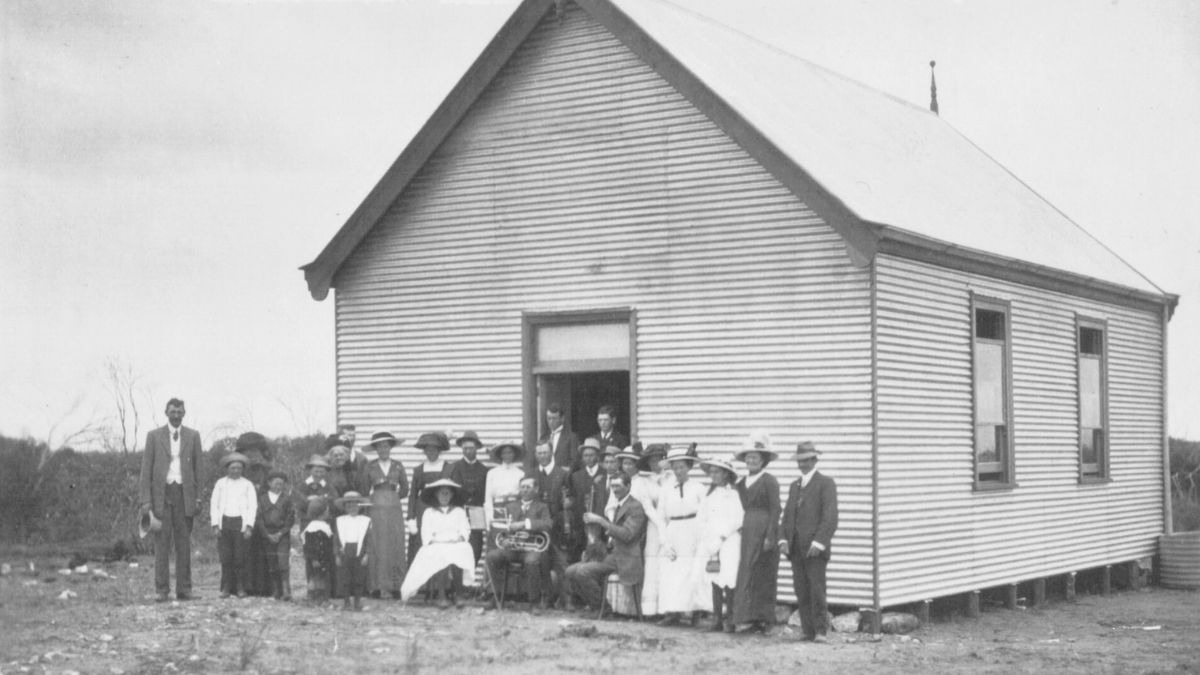
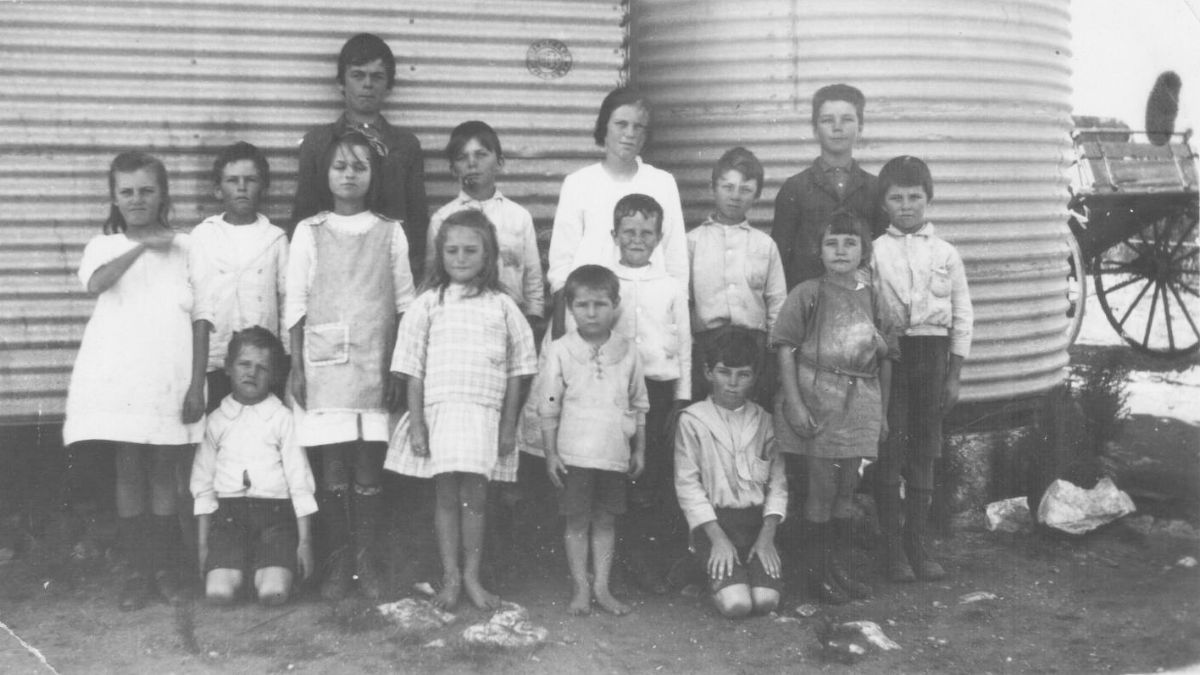
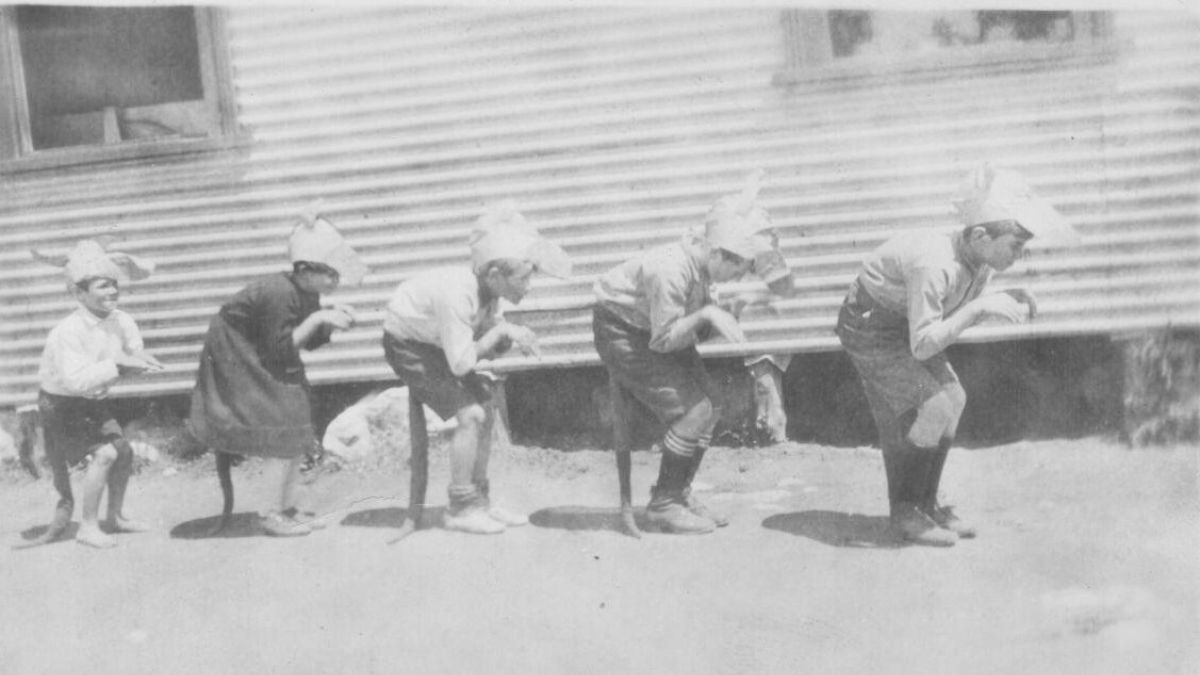
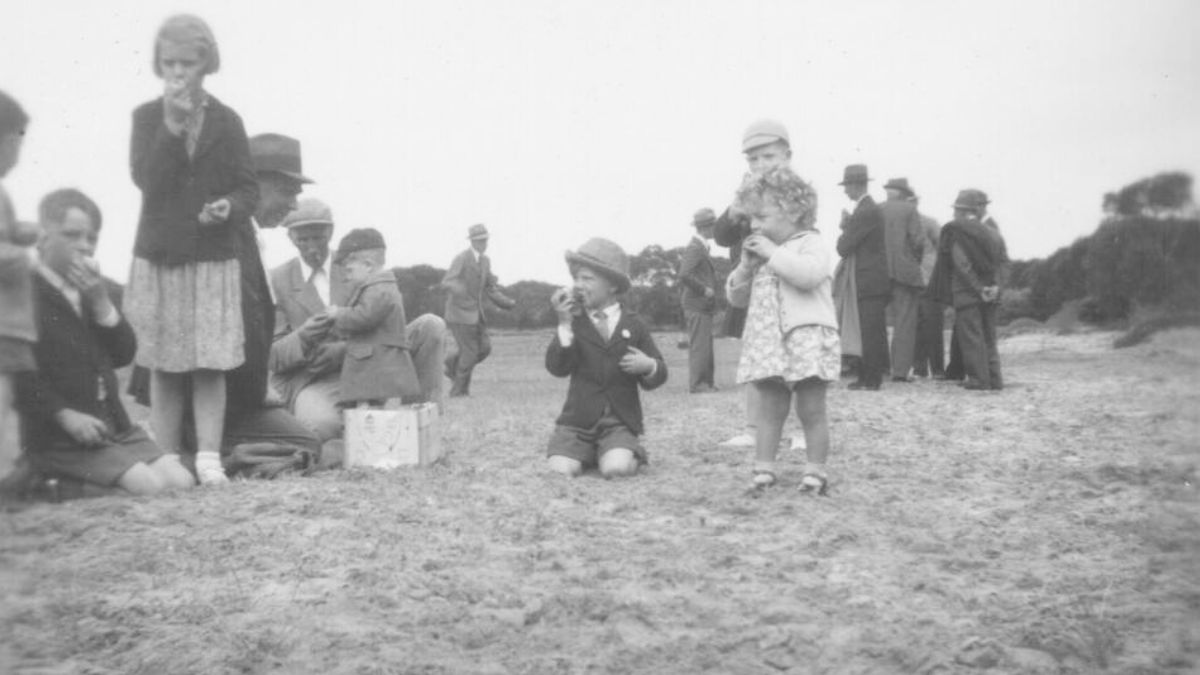
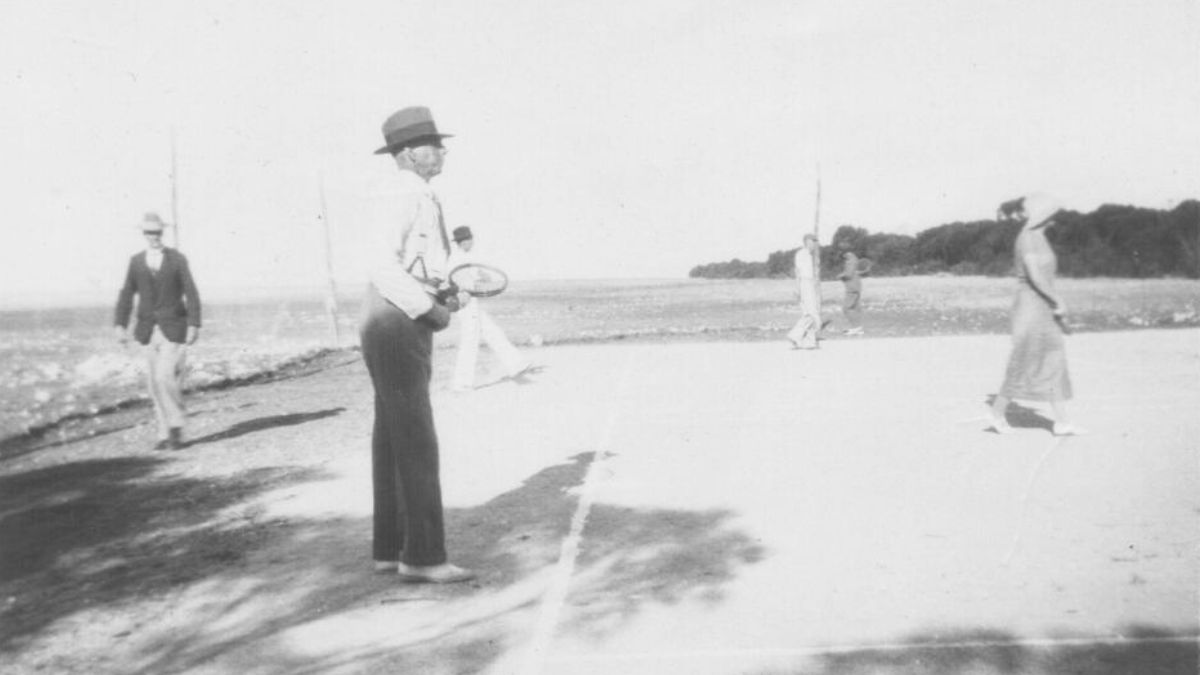
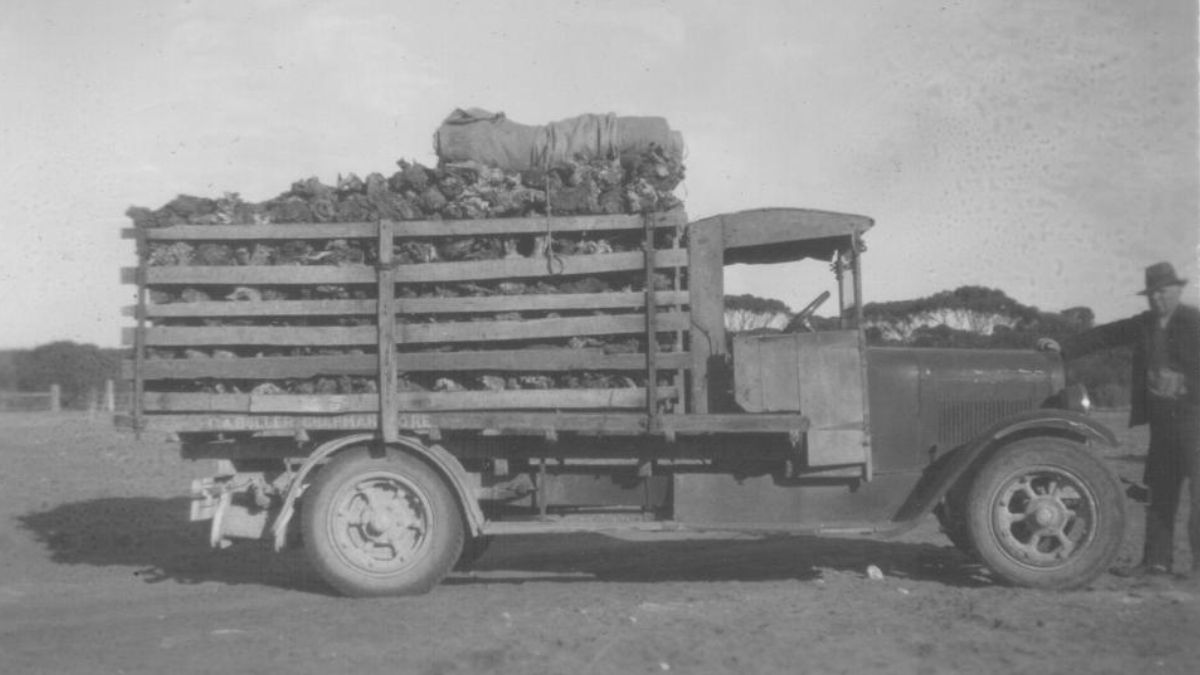
John Chapman was the one who put a bore down to a depth of 300 feet in 1910, but found the water too salty for stock to drink.
Undeterred, brothers Charlie and Percy Buller set up a farm in the area two years later.
By 1914, the handful of local settler families had decided to built a hall where they could congregate on a Sunday morning; they would later use it as a schoolhouse and tennis clubroom, too.
The current, bigger Chapman Bore Hall was built in 1956, again financed by donations from local farmers.
In the early years they danced in the light of kerosene hurricane lamps, to the sound of a Ricca piano purchased “by sale of brush and/or stumps”, according to the minutes of a meeting at the time.
Stories create community. You can help Murray Bridge News tell our community’s stories.
Robyn Hampton-Allen remembered coming along to dances with her grandfather from the age of about eight.
“It was such a community thing,” she said.
“Kids would be running and playing chasey outside, and as soon as they heard the music stop for supper, they’d be in the door.
“Little kids would sleep under the chairs, and most of the girls grew up going in the belle of the ball and all those competitions.
“I think everyone from my era around here has a sash of some sort.”
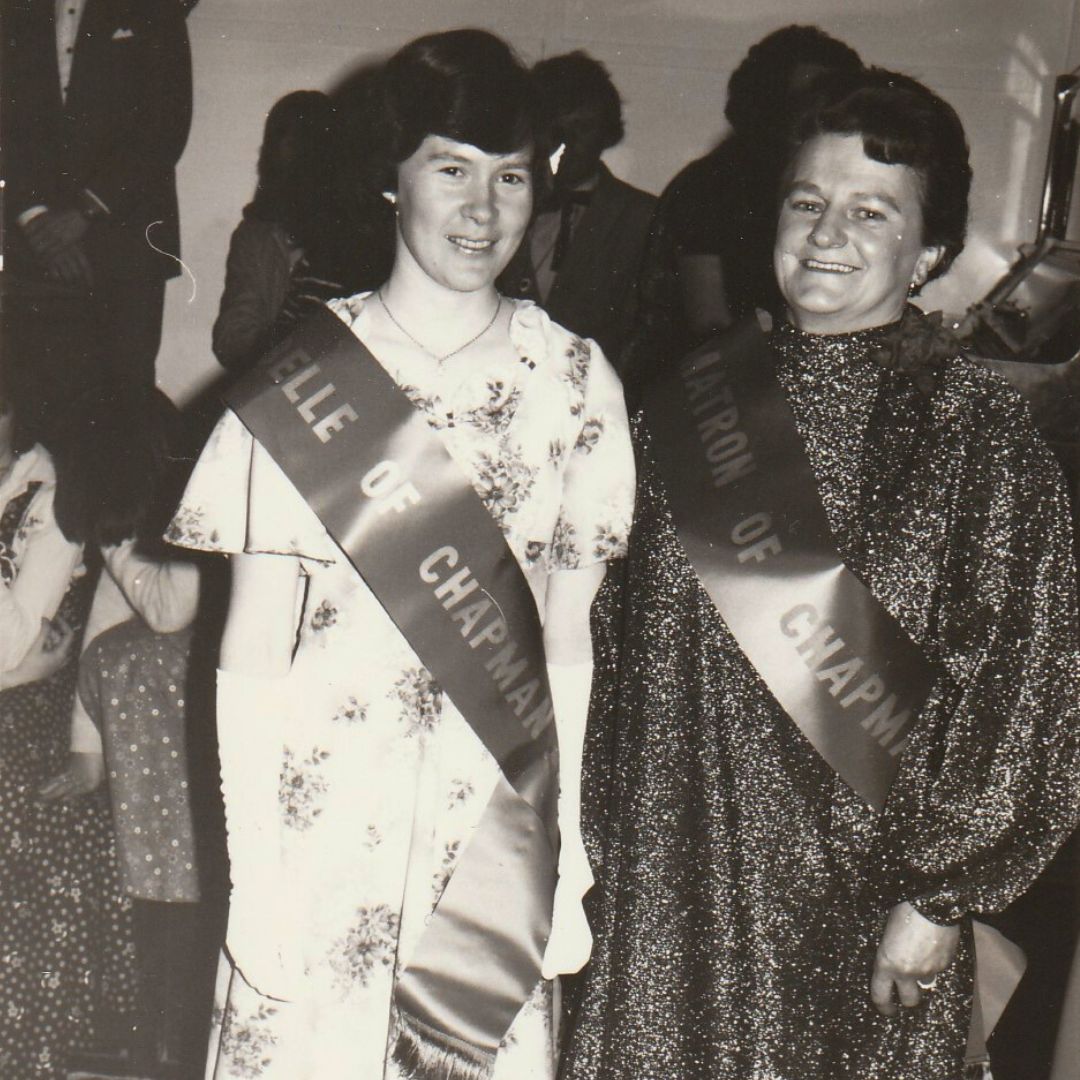
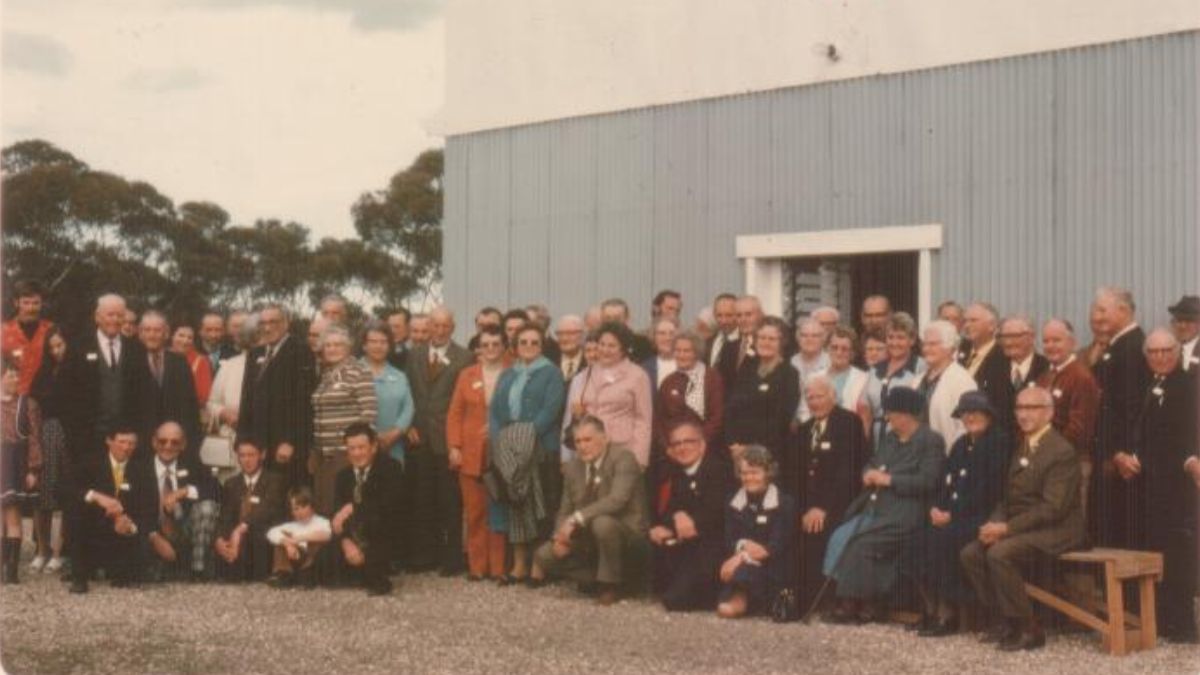
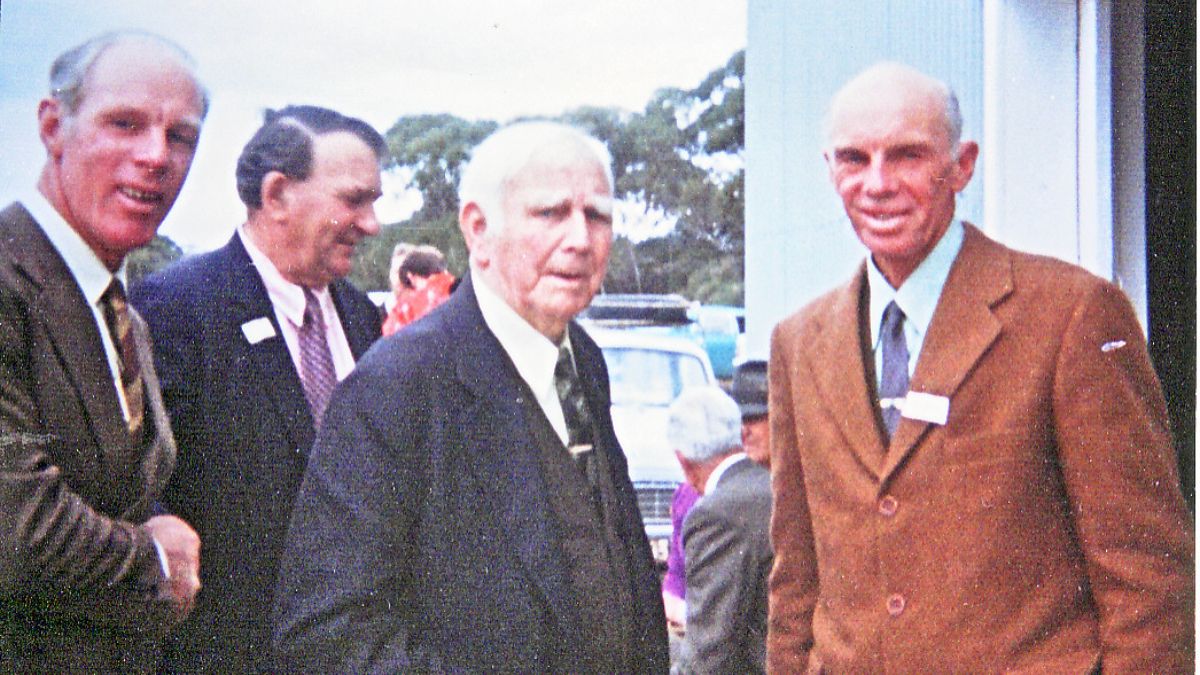
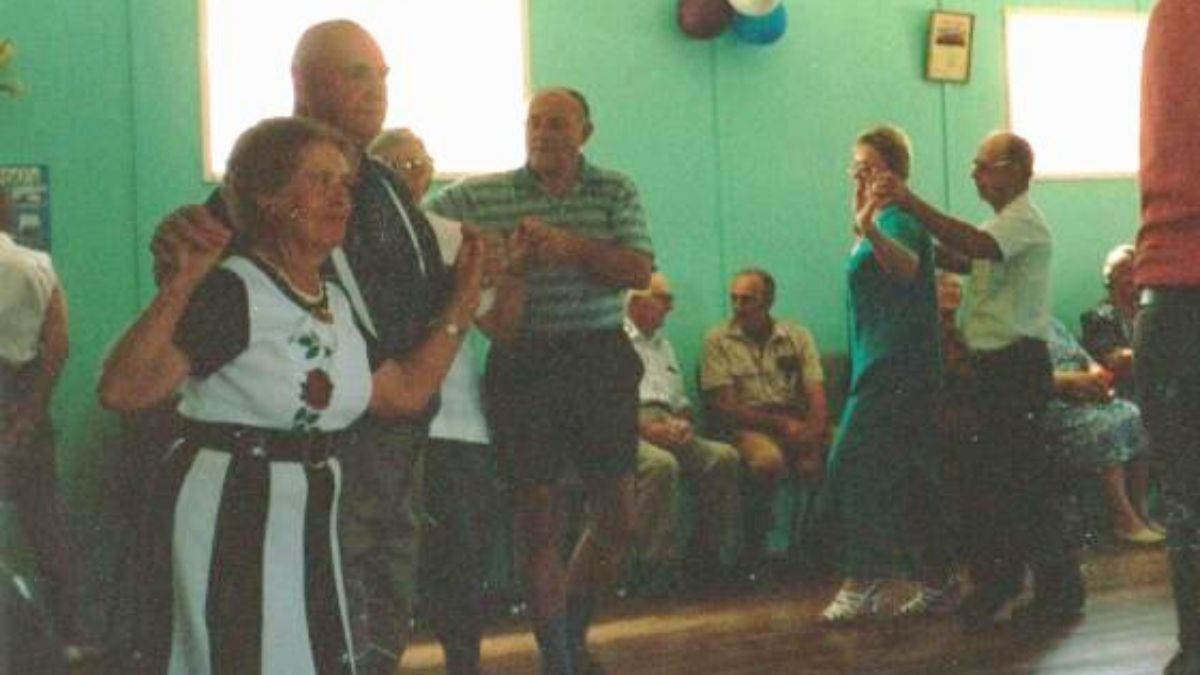
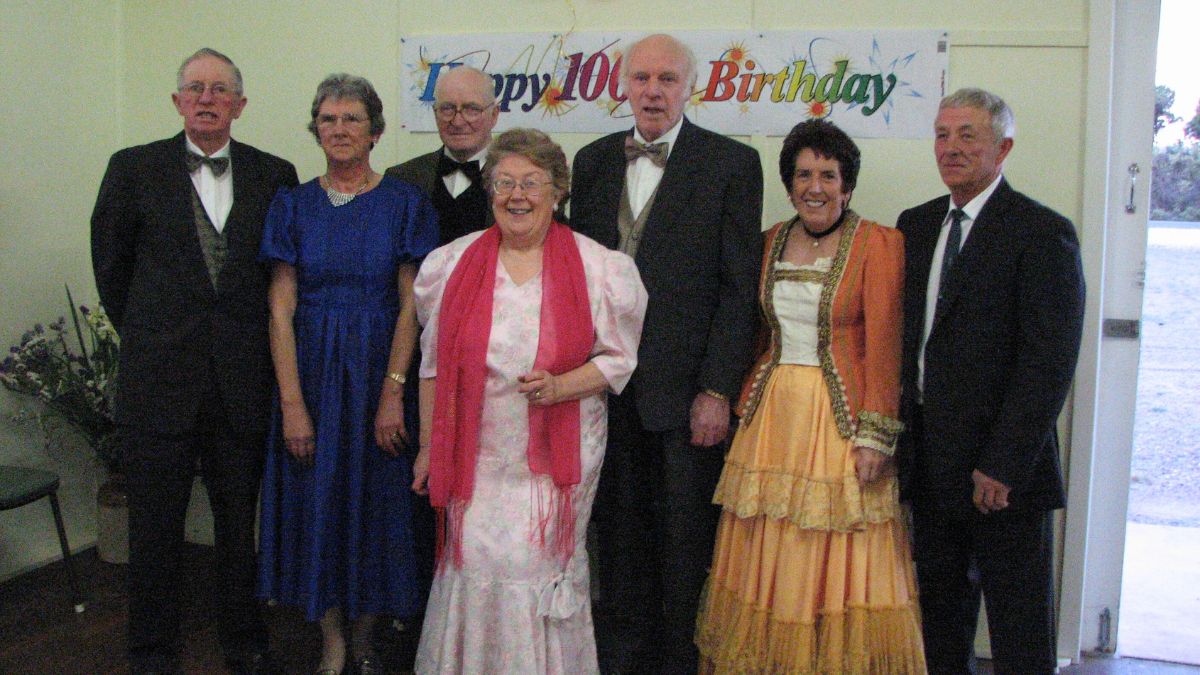
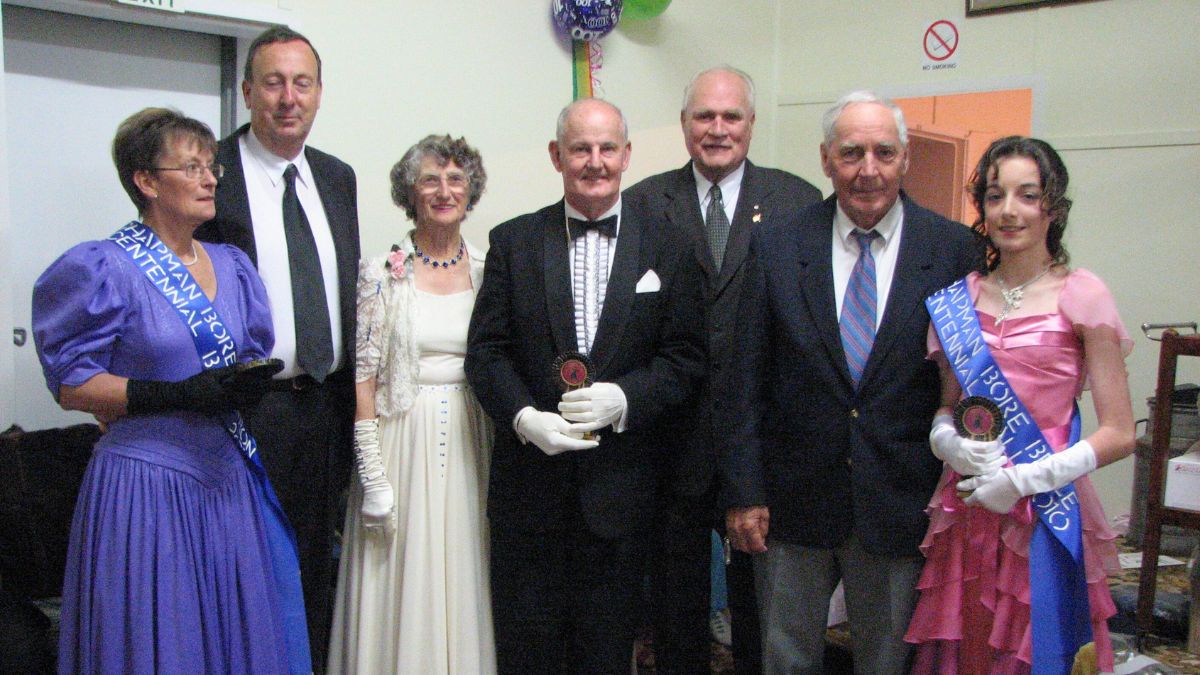
Jenny Perkins said the hall held many memories for her, happy and sad.
Margaret Hampton danced there with her husband after they got married, though he soon got tied up on the farm; and danced still, on the fourth Saturday of every month, right up until last weekend.
She didn’t begrudge the next generation, who never really got involved as adults: “The young ones got an opportunity to go away and study, to get lives,” she said.
Dawn Weyland said she had just been glad for the opportunity to get out every month, especially as she grew older.
“When you’re on your own, you’re lucky to get out and have a dance,” she said.
She had only started coming to dances after her husband died 10 years ago.
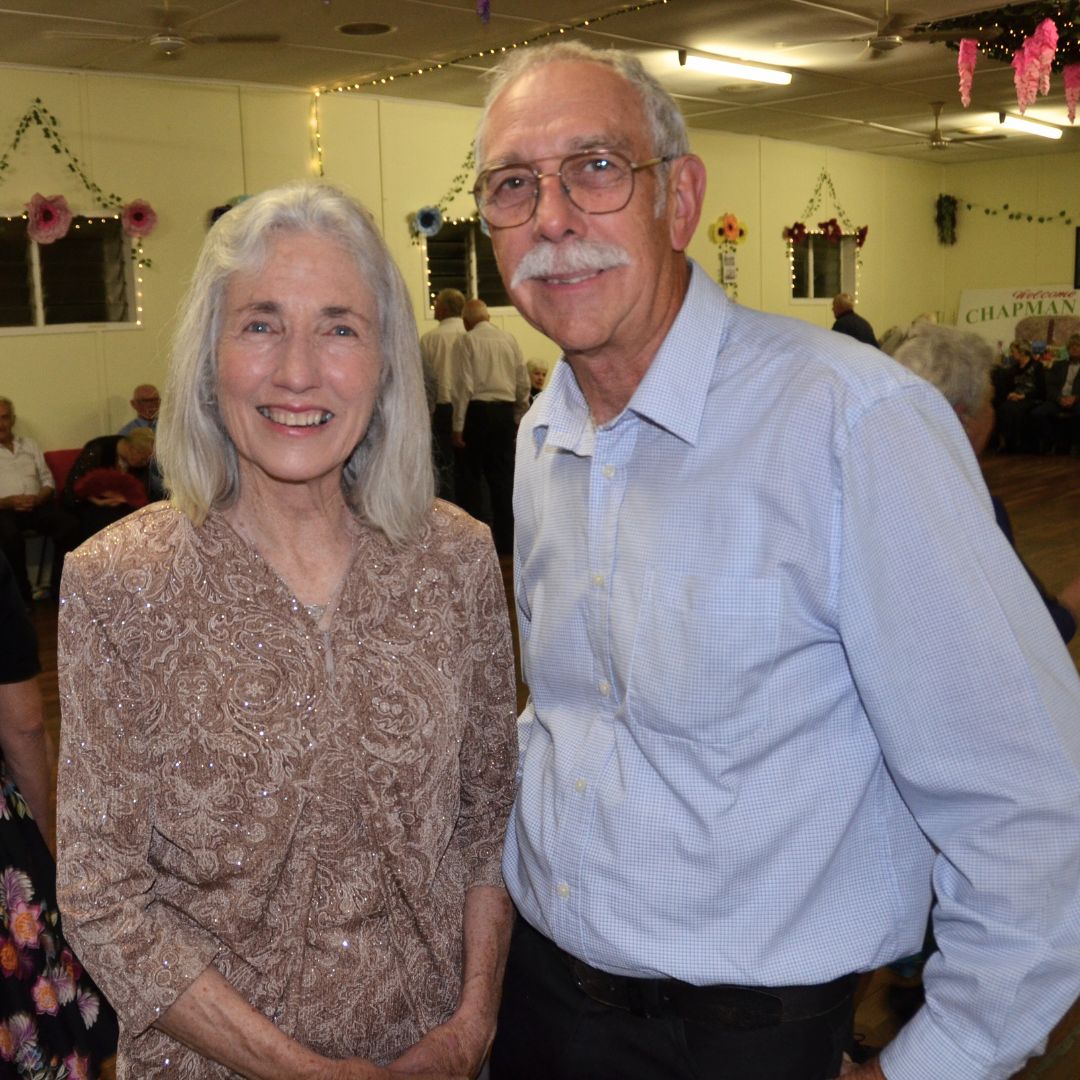
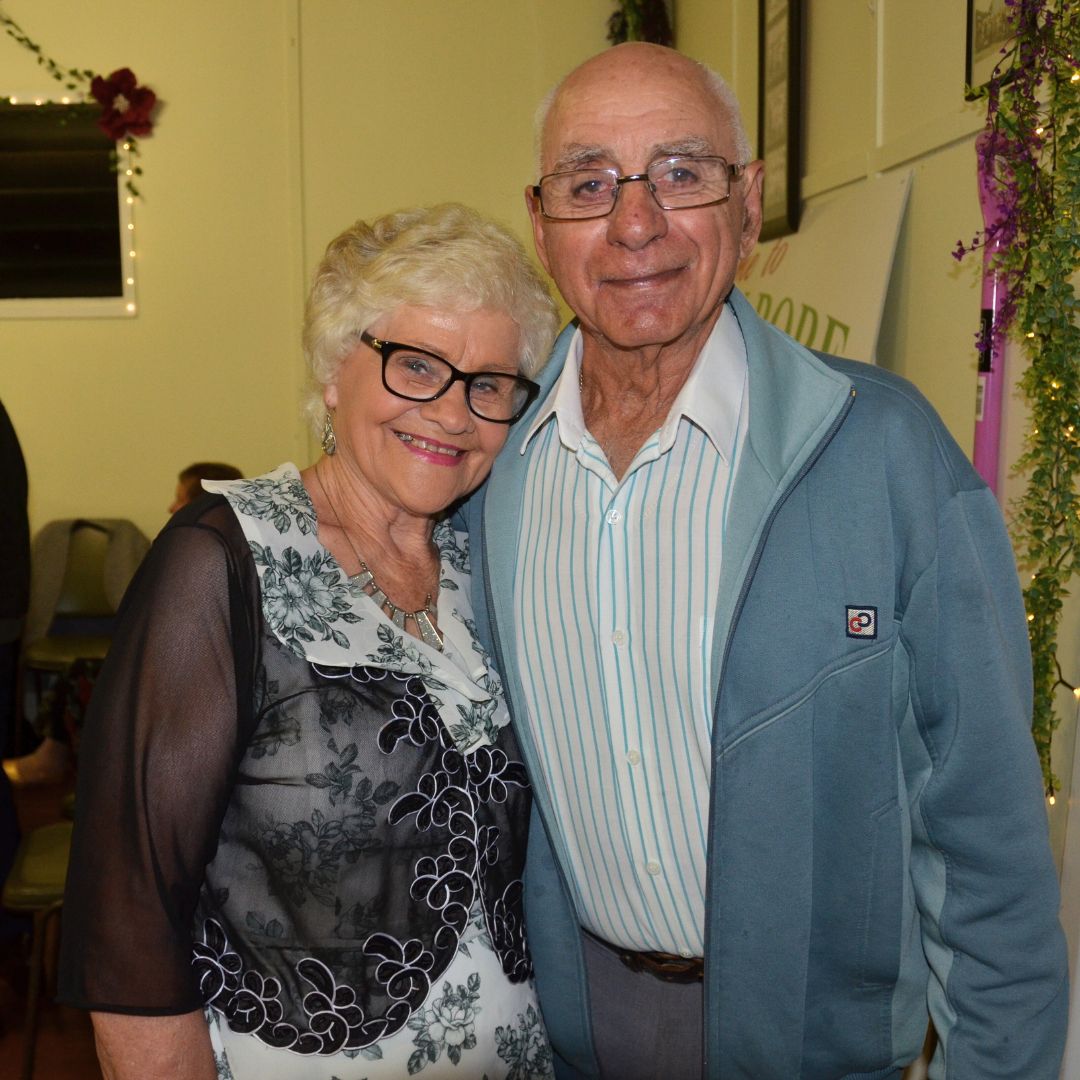
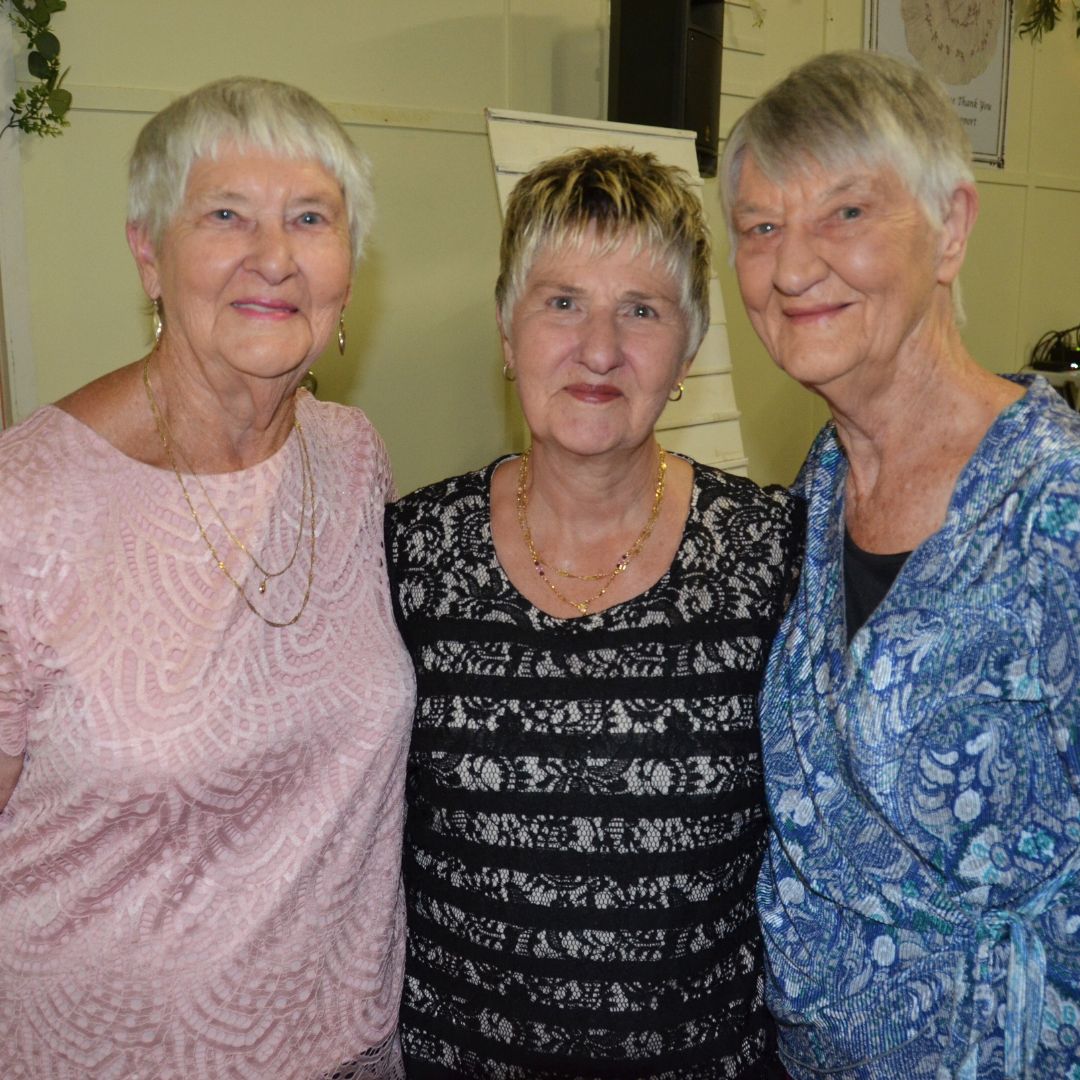
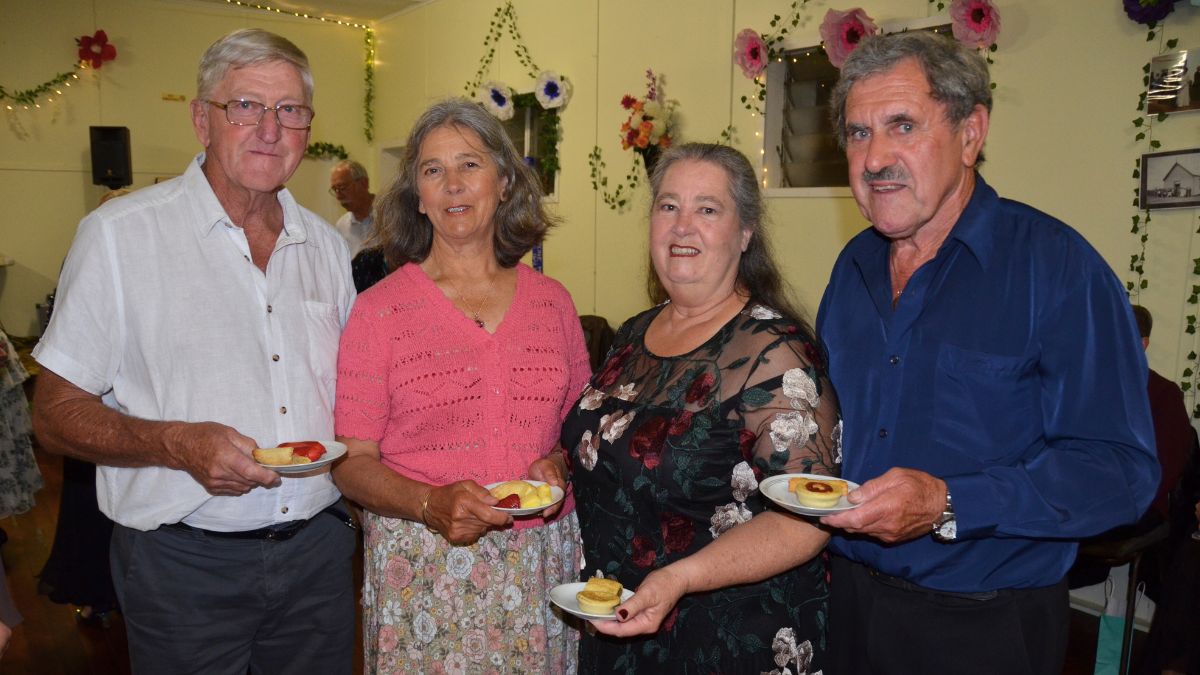
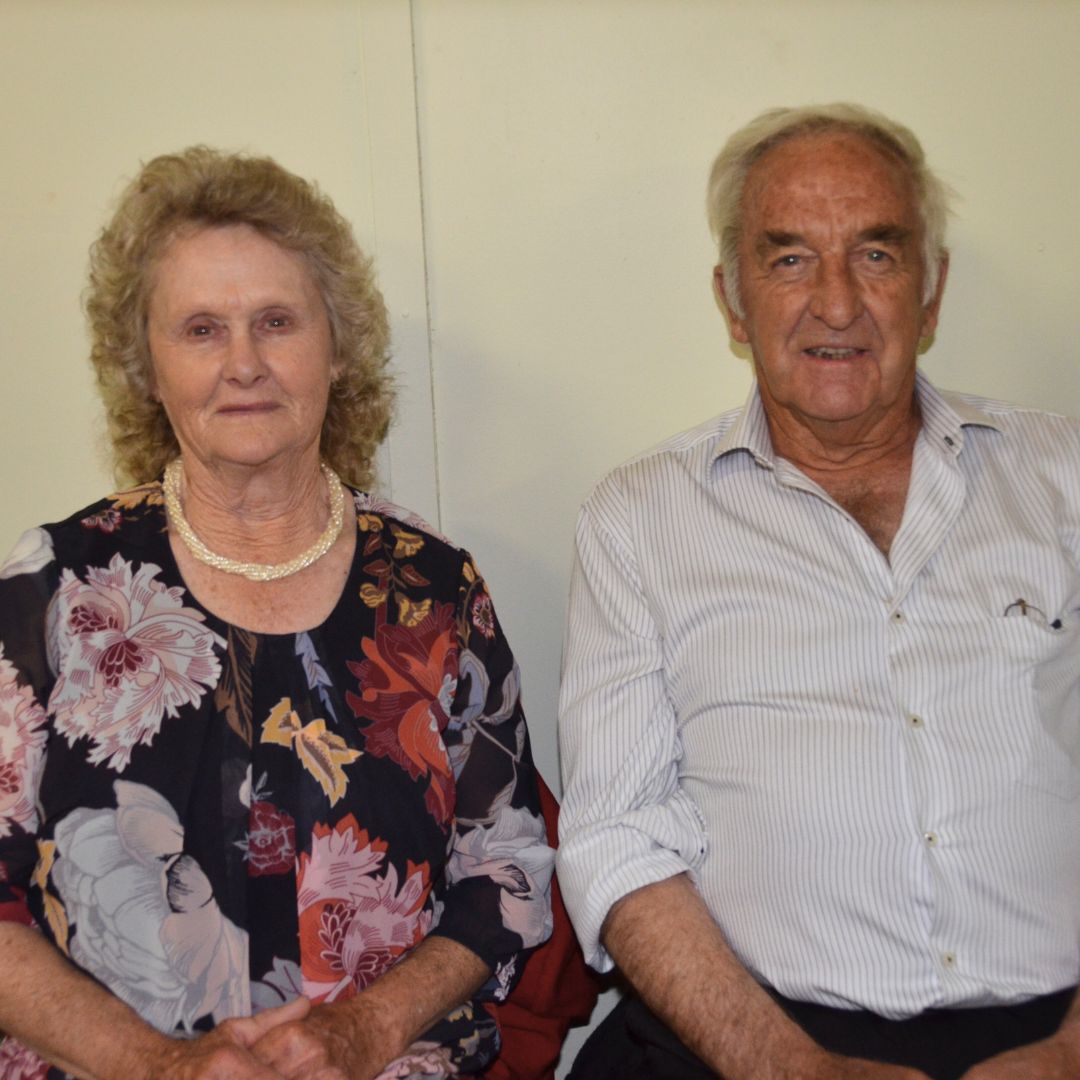
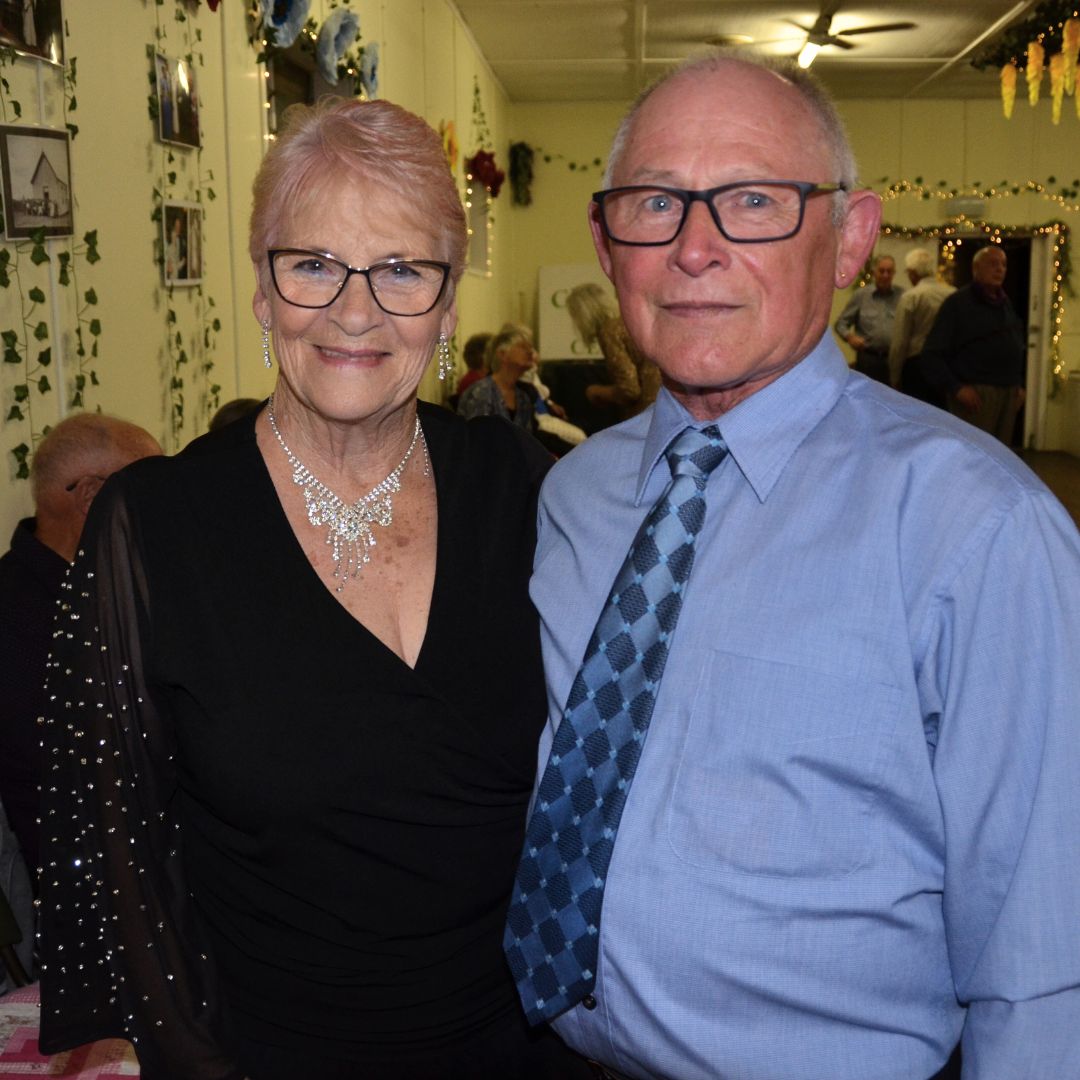
Couples swirled around the floor on Saturday night, stepping through dances forgotten to later generations: the carousel, the Rosetta two-step, the Lucille, the Emmerdale.
There’d be a breather of a few moments after each dance, then Peter Hutchens’ keyboard would start up anew and up they’d get again.
Supper fuelled everyone up, then it was on to the final stretch.
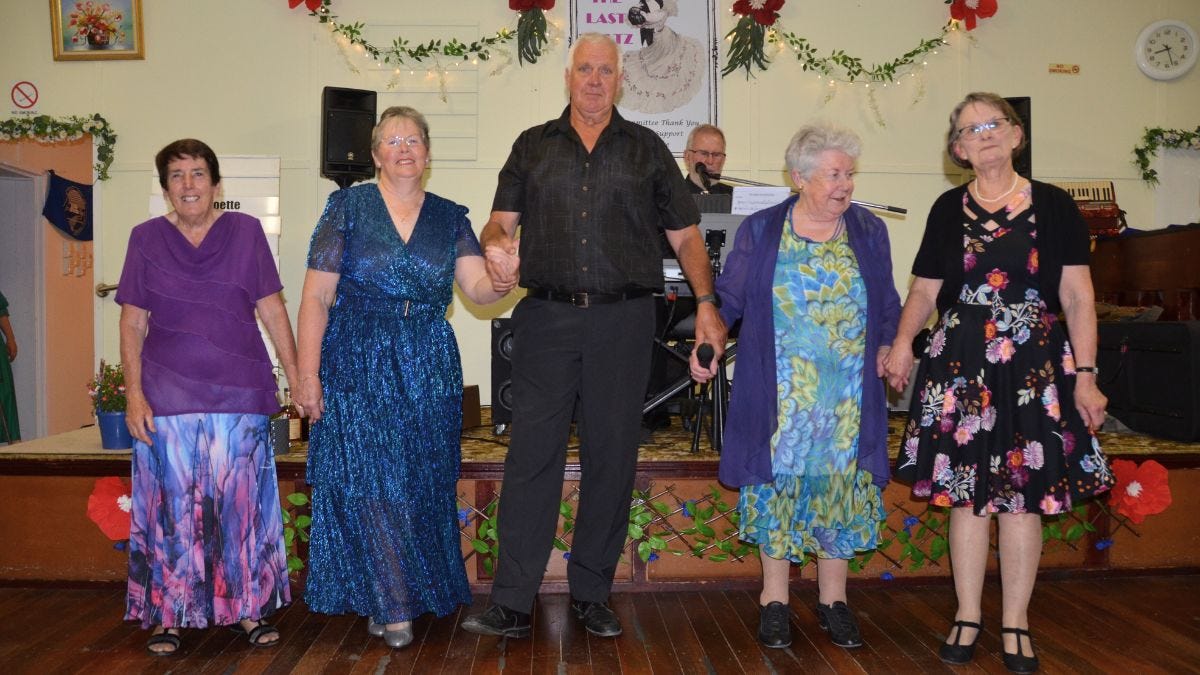
In the coming weeks, members of the hall committee will have to figure out what to do with the hall now that Saturday’s dance in done.
Chapman Bore has a population of just 23 these days, in six households, according to the last census.
Perhaps the hall will be converted into a seventh home one day, or perhaps someone will come up with another use for it.
Until then, the dancers will have to go elsewhere.
The music has stopped.
